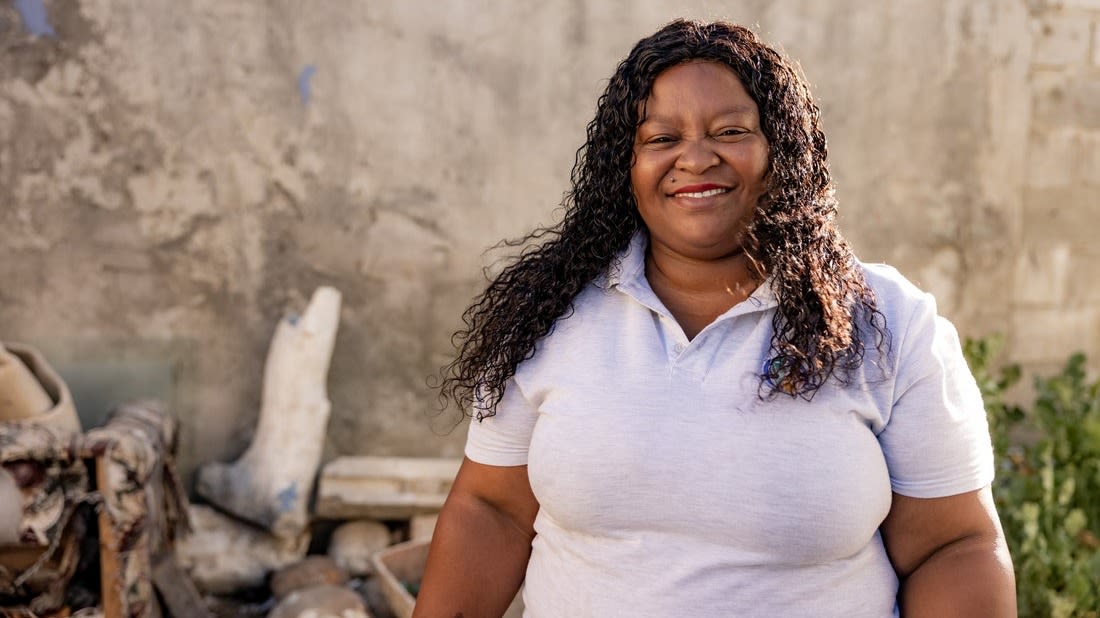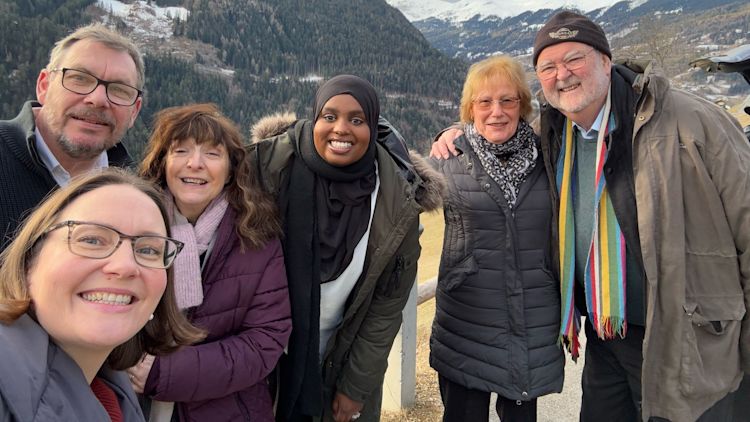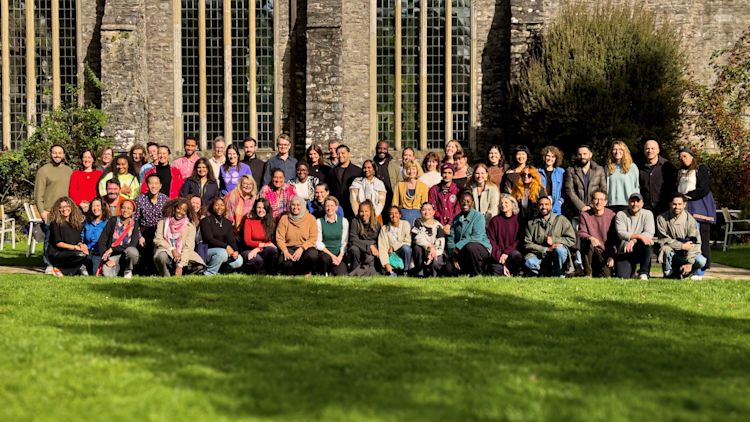By Lauren Kinnaird
In previous blogs, we have looked at the role that learning networks can play in supporting our funded partners through the Covid-19 crisis. Here, we reflect on the launch of our new Community of Practice (CoP) for organisations working in housing and shelter. This is a sector, both in the UK and internationally, that has felt the full force of this pandemic but many are arguing that now is the time for major change.
Our CoP is a space for Comic Relief funded partners delivering vital work in homelessness and insecure shelter to learn and share through experience. Led by consultants at DevLearn and EDP Associates, the CoP website(opens in new window) was created to act as a central focal point for learning alongside a programme of events, webinars and briefings, being delivered over three years. The 47 CoP members are organisations and partnerships funded by Comic Relief but anyone can access the website and resources.
Our first webinar: Covid-19 challenges and adaptation
During the first webinar on 13th May 2020, CoP members discussed the impact of Covid-19 on their work and the people they support, as well as their response. Here, we shine a spotlight on some of the key themes.
Government response
In response to the Covid-19 pandemic the UK government adopted the ‘Everyone In’ strategy aimed at temporarily housing those living on the streets, in hotel rooms. The UK government has also announced funding for the homeless sector and suspended evictions in both the private and social renter sectors. UK-based CoP members generally felt that whilst there are limitations to these schemes, they provide a real opportunity to get people off the streets for good. Co-production between the homelessness sector and the government was suggested as key to achieving this.
In South Africa the government’s approach is viewed very differently by some CoP members: During the first week of lockdown, 1000 people living on the streets were relocated to a football stadium in Pretoria where they were housed 10 people per tent. CoP members discussed how this environment is very high risk for transmission as social distancing is impossible. Some CoP members have been sourcing alternative accommodation for service users, which has been effective in the short term.
‘Holding the government accountable is extremely important - no civil society organisation or coalition has the reach that the state has to ensure welfare reaches everyone.’
Intersecting issues: homelessness and substance abuse
In all contexts, people abusing substances are likely to have compromised immune systems, making it even more important that they are shielded from Covid-19. Emergency shelter has varying degrees of suitability for substance users and CoP members are having to respond to the issues this presents in a variety of ways.
In South Africa, many people are returning to the streets as the shelter they have been offered does not meet their needs. For example, withdrawal can cause restlessness meaning that they find confined shelter particularly challenging. This issue is exacerbated by the government’s ban on the sale of cigarettes and alcohol. One CoP member explained how they have had to seek alternative emergency accommodation for this group of clients to prevent them choosing to remain exposed on the streets.
'Shelters in South Africa are not suitable for substance users, [they] may return to the streets’
Inclusion of all
One issue prevalent in multiple contexts is the inclusion of those with no recourse to public funds in government welfare offerings. CoP members shared that the homeless sector in their country has had to advocate for everyone to be granted access to government emergency provisions as migrants are less likely to have access to entitlement papers. In the UK, for example, there have been campaigns for all those living on the streets to have access to the ‘Everyone In’ scheme, regardless of their immigration status. CoP members suggested that sharing of resources and learning may benefit future work, including campaigns.
’Migrant workers have no access to entitlement documents and hence [they are] unable to access welfare’
More information is available on the CoP website through the learning brief(opens in new window) and blog(opens in new window).
For regular updates, visit the Community of Practice Website(opens in new window).


